James S. Gordon, M.D., founder and executive director of The Center for Mind-Body Medicine in Washington, D.C., joins us to talk about his approach to integrative healing and support.
Read more


James S. Gordon, M.D., founder and executive director of The Center for Mind-Body Medicine in Washington, D.C., joins us to talk about his approach to integrative healing and support.
Read more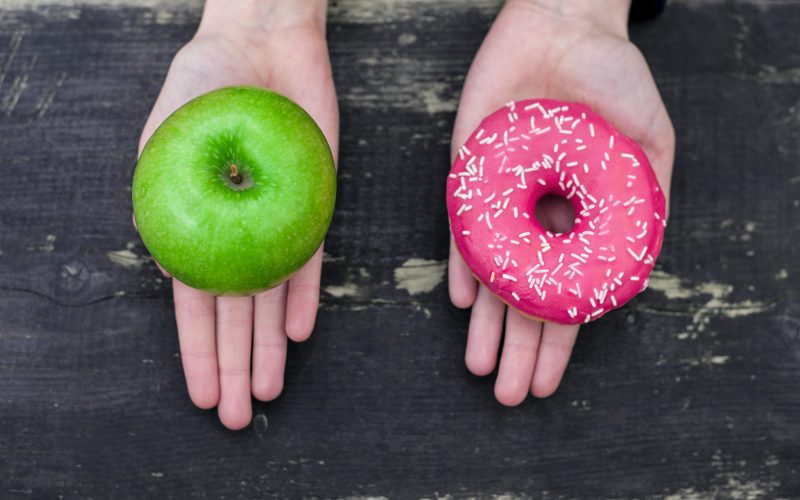
Wendy Wood, provost professor of psychology and business at the University of Southern California, joins us to talk about her research into the science of making better choices.
Read more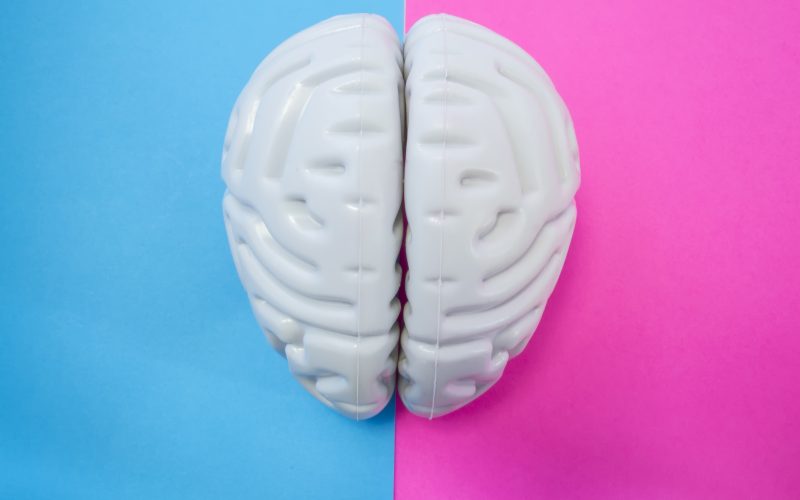
Kevin Mitchell, Associate Professor of Genetics and Neuroscience at Trinity College Dublin, joins us to talk about current studies on gender differences in the brain.
Read more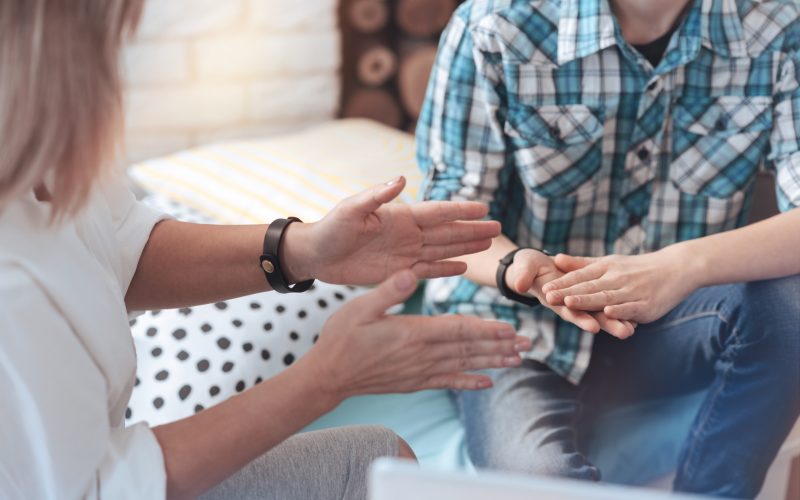
Psychologist Natasha Stovall joins us to talk about why it’s taboo to study how white patients worry, reckon, or rage about their place in the social system.
Read more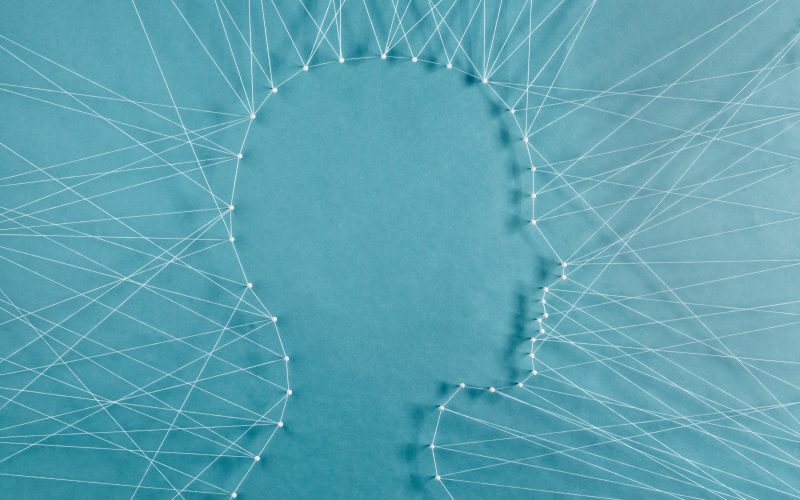
Indiana University School of Medicine professor Bill Sullivan joins host Krys Boyd to talk about how our genetic information combines with outside forces to determine who we become.
Read more
Scholar Lewis Hyde joins Krys Boyd to talk about how forgetting can actually allow for profound change in one’s life.
Read more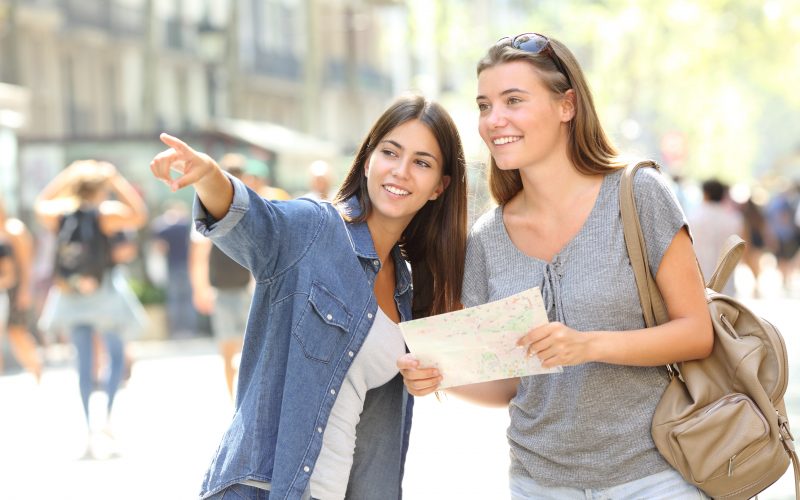
Psychologist Barbara Tversky joins us to make the case that our brains are actually filled with pictures and ideas that revolve around spatial cognition.
Read more
Psychologist Darcy Lockman joins us to talk about why so often our egalitarian values don’t line up with the realities of parenting.
Read more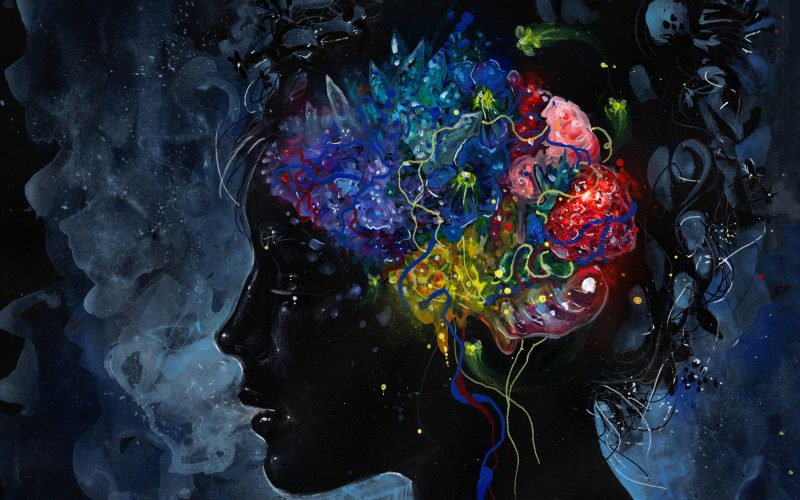
This hour, we’re exploring the effect art has on our brains. We’ll talk with an art educator about how art promotes brain development in children, a psychologist about how we perceive and respond to art, and a professor studying how art can be used to treat PTSD.
Read more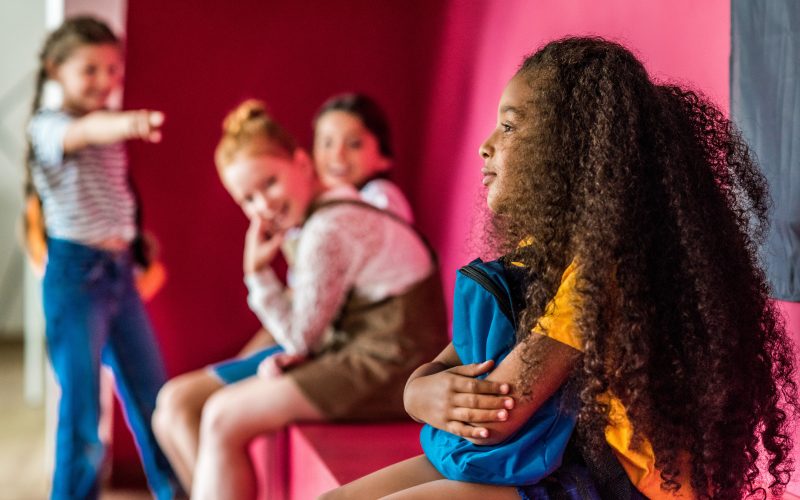
Stanford psychology professor Jennifer Eberhardt joins us to talk about the consequences of bias and how it infiltrates all levels of society. Her new book is called “Biased: Uncovering the Hidden Prejudice That Shapes What We See, Think, and Do.”
Read more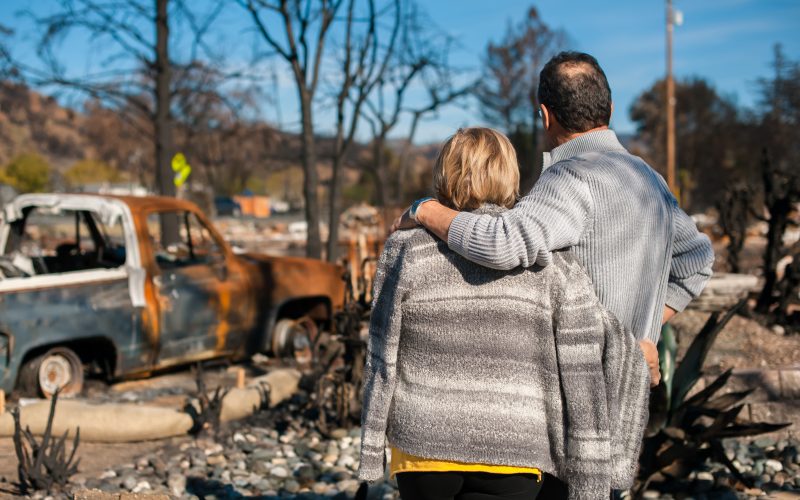
Seismologist Lucy Jones joins us to talk about the long-term psychological toll natural disasters have on the people who experience them. Her book “The Big Ones: How Natural Disasters Have Shaped Us (And What We Can Do About Them)” has just been released in paperback.
Read more
Columbia psychologist Scott Barry Kaufman joins host Krys Boyd to talk about if smarter people are also more content, the subject of his essay in Scientific American.
Read more